Since May 1, the "Deutschlandticket" offers unlimited access to buses, subways, local and regional trains for 49 euros per month. A formula that has yet to prove its worth, according to a member of the Green Party.
After a monthly subscription of 9 euros per month last summer, a new transport ticket valid since this Monday throughout Germany promises users a "revolution". The "Deutschlandticket" offers unlimited access to buses, subways, local and regional trains. High-speed trains (ICE) are excluded.
The German association of public transport operators (VDV) expects at least 16 million future subscribers in a country of 84 million inhabitants. About 750,000 tickets have already been sold, not counting users who have converted their regular pass into a Deutschlandticket.
An agreement between the regions and the State
A financing agreement has been reached between the regions and the state, which will each pay 1.5 billion euros per year, to avoid increasing the deficit of Deutsche Bahn, the national railway operator, estimated at 30 billion euros.
The opposition criticized the spending. The money should have been used "to improve and renovate the railway infrastructure," said Christian Democrat MP Michael Donth. The network is aging, with an investment requirement of 8.6 billion euros per year over a decade.
Late trains
Crowded trains, delays, technical problems... only 65.2% of long-distance trains arrived on time in 2022, a drop of 10 points over one year. These difficulties became apparent when the first low-cost transport ticket was introduced last summer. For 9 euros a month, Germans could use all regional transport.
he success was immense, with 52 million subscriptions sold, but the rail operators had difficulty managing the craze. "To solve these problems, it is certainly not a solution to lower the price of subscriptions," said Christian Böttger, a researcher for the Technical University of Berlin, to AFP.
Rural people potentially excluded
The Minister of Transport has not ruled out a future increase in the fare to make the scheme more economically viable. Especially since the hoped-for transfer of car traffic to public transport is not guaranteed. Many users, living "far from city centers," do not have "sufficient rail infrastructure that could replace the car," according to the expert.
According to a balance sheet from the Office of Statistics, the 9-euro bill just allowed for a "stagnation" in road traffic compared to 2019. And cars emitted more greenhouse gas emissions in 2022 in Germany, with an increase of 0.8 million tons, according to the Federal Environment Agency.
Another debate: the train is certainly "greener" than the car (the German national railway company gets 61% of its electricity from renewables) but still pollutes (the rest comes from coal and gas). The 49-euro ticket will mainly benefit "urban people who already have a slightly more expensive subscription", explains Oliver Wittig, transport expert at EY, to AFP.
An experiment that does not convince the French government
Many countries are seeking to revive rail transport to reduce the carbon impact of the transport sector. The experience of the 9-euro ticket did not convince France: "It is expensive and there are very few transfers from the car to the train," said Clément Beaune, the French Minister of Transport, in October.
In Spain, free rail passes for regional and commuter trains were launched in September. According to Renfe, the Spanish rail operator, 2.1 million passes were issued in the first quarter.
In Austria, a "climate ticket" has allowed the use of all public transport in the country, including long-distance trains, for €1,095 per year since 2021, contributing to a "boom" in train travel, according to the operator HUBS.
Le Parisien


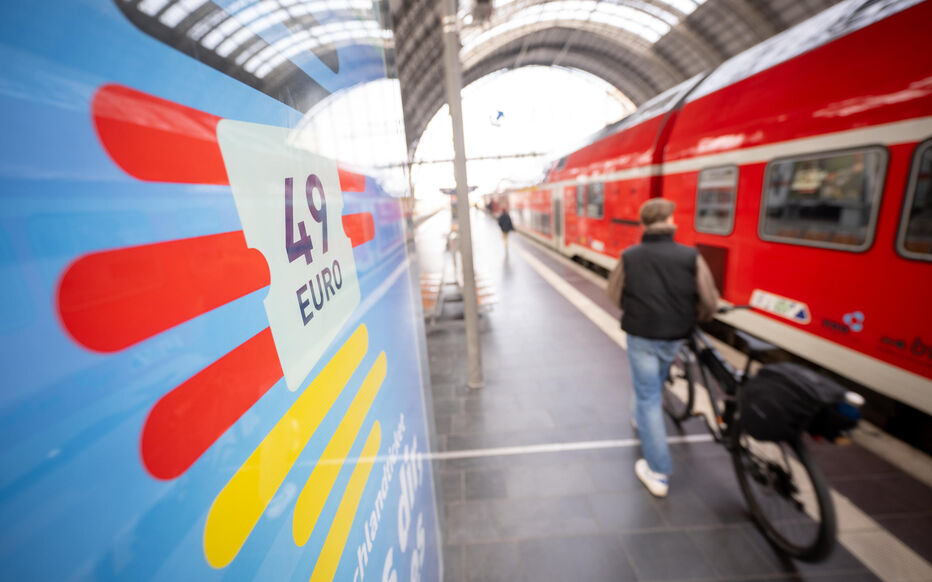
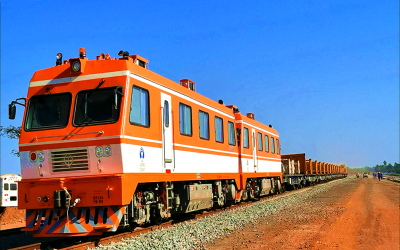
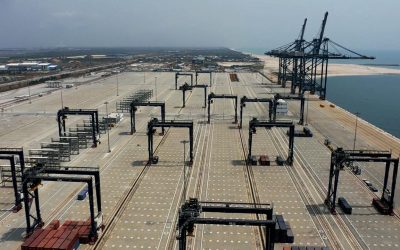





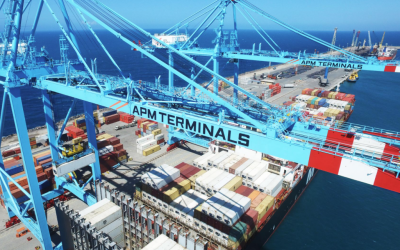

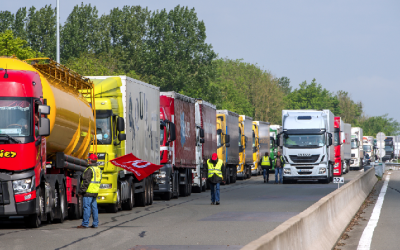






0 Comments